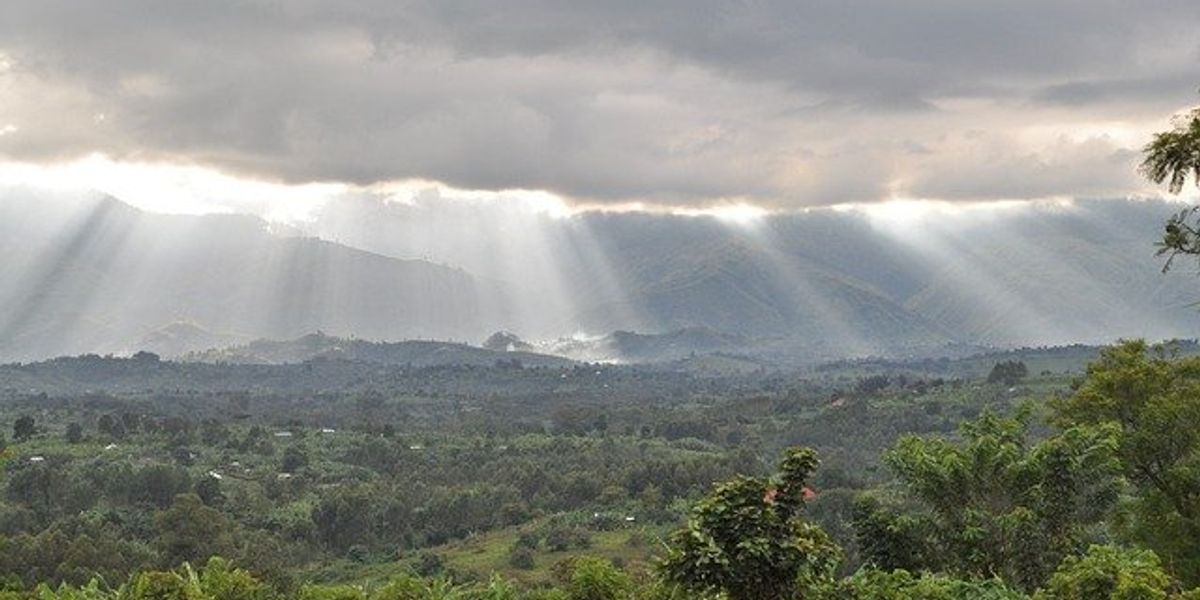kamala harris
Harris shifts stance, backs domestic oil expansion amid fracking debate
Vice President Kamala Harris supported U.S. oil production during the presidential debate, highlighting a shift from her earlier stance on fracking and appealing to moderate voters.
In short:
- Harris emphasized the need to reduce foreign oil dependence while promoting record domestic production.
- Her remarks signal a shift in rhetoric from her past opposition to fracking, reflecting political realities in swing states like Pennsylvania.
- Younger climate activists criticized her position as a missed opportunity to differentiate herself from Donald Trump on energy policy.
Key quote:
“We have invested over a trillion dollars in a clean energy economy, while we have also increased domestic gas production to historic levels.”
— Kamala Harris, Vice President
Why this matters:
Harris’s support for oil production signals a pragmatic approach to win swing state votes but risks alienating young climate advocates. Balancing energy independence and climate action remains a key challenge for her campaign.
Harris stays vague on her energy policies ahead of the election
Kamala Harris, the Democratic presidential nominee, supports clean energy and reducing emissions but has avoided taking detailed positions on energy issues with two months left in the race.
In short:
- Harris supports cutting pollution and clean energy investments but has not endorsed specific proposals like a drilling phaseout or a faster shift to 100% clean electricity.
- Environmentalists are divided on whether her broad statements on climate change will mobilize voters, especially among the younger generation.
- The fossil fuel industry seeks more clarity from Harris, urging her to define her stance on energy security and inflation.
Key quote:
“We want to be able to sell that to our base. We want to be able to push for the climate agenda that we know that we need.”
— Collin Rees, campaign manager at Oil Change U.S.
Why this matters:
Harris’ general approach on energy could influence key voter blocs. Her reluctance to dive into detailed policies risks alienating both climate advocates and younger voters, a demographic critical for Democratic success.
Additional coverage:
Biden may leave several environmental and health regulations unfinished
Key Biden administration regulations on worker protections, toxic chemicals and climate change remain unfinished, and their future will likely depend on the outcome of the 2024 election.
In short:
- Worker heat protection rules, proposed to safeguard employees during extreme temperatures, are unlikely to be completed before Biden leaves office.
- A key rule to limit gas plant emissions remains incomplete, with further regulations postponed to a future administration.
- Restrictions on PFAS, toxic "forever chemicals," remain in development, though a proposed rule has yet to surface.
Key quote:
"We are talking about a very real danger, and workers are suffering and without any kind of federal protection — that puts a lot of workers in danger."
— Juley Fulcher, worker health and safety advocate at the group Public Citizen
Why this matters:
Unfinished regulations on climate and health protections could be shelved or undone by a future administration. As extreme heat and toxic chemical exposure worsen, delayed actions may lead to greater environmental and public health risks.
Read more: Biden's climate push intensifies as elections near
Australia weighs delay on 2035 climate goals amid US election uncertainty
Australia may postpone its 2035 climate target announcement until after its election, citing uncertainty around the U.S. election outcome.
In short:
- Australia may miss its February 2025 deadline to announce its 2035 climate target, awaiting the US election results.
- A report suggests Australia could cut emissions by 65%-75% by 2035, but the government awaits further recommendations.
- Th U.S. election outcome could heavily influence global climate policy.
Key quote:
“A Harris presidency would likely see the U.S. continue to exert pressure on all countries, including Australia, to set a strong 2035 target as soon as possible.”
— Erwin Jackson, director of policy, Investor Group on Climate Change
Why this matters:
Delaying climate goals can slow global progress toward reducing emissions. The US election outcome may impact how aggressively other countries act to combat climate change.
More: Fuel emissions debate fuels Australia's climate conversation
Trump and Vance make misleading claims about Harris's energy policies in swing states
Donald Trump and J.D. Vance are falsely accusing Kamala Harris of supporting extreme energy policies during their campaign stops in key swing states.
In short:
- Trump and Vance claim Harris will mandate electric vehicle (EV) purchases, but no such mandate exists.
- They allege Harris is outsourcing EV jobs to China, though U.S. tariffs and incentives are bolstering domestic production.
- Trump warns of electricity shortages, but experts say the U.S. grid can adapt to rising energy demand with the right investments.
Key quote:
“Vice President Harris does not support an electric vehicle mandate.”
— Ammar Moussa, Harris campaign spokesperson
Why this matters:
Misinformation about energy policies can influence voter opinions in critical swing states. Fact-checking these claims is essential for informed decision-making ahead of the election.
Harris revises stance on fracking, raising energy policy concerns
Vice President Kamala Harris has softened her position on banning fracking, but oil, gas, and environmental advocates remain uncertain about her broader energy policies.
In short:
- Harris reversed her previous support for a fracking ban, citing economic growth through clean energy.
- Oil and gas industry leaders welcome the shift but seek more clarity on her overall energy vision.
- Environmental groups express disappointment, emphasizing the need for stronger climate leadership.
Key quote:
“There are so many other critical energy policies where the vice president’s perspective remains an open question.”
— Dustin Meyer, head of policy at the American Petroleum Institute
Why this matters:
KamalaHarris’ revised stance reflects a balancing act between economic and environmental concerns. As the election nears, her position could influence key swing states where fracking is economically significant.
Related EHN coverage:
Harris could prioritize stricter climate policies if elected
Kamala Harris, the Democratic presidential nominee, has yet to detail her climate policy, but her history as a prosecutor suggests she might take a tougher approach toward the fossil fuel industry than the current administration.
In short:
- Harris has been vague about her climate plans during her campaign, contrasting with her detailed environmental record as a prosecutor.
- Her past actions include prosecuting oil companies and advocating for environmental justice, hinting at a potentially stricter climate agenda.
- The oil and gas industry remains wary of Harris, noting her past support for fracking bans and aggressive enforcement policies.
Key quote:
"She's the hammer. That’s what environmental justice constituencies have wanted forever: enforce the law, equitably enforce the law."
— Vernice Miller-Travis, environmental activist
Why this matters:
Vice President Harris' stance on climate change may significantly impact U.S. policy, particularly regarding fossil fuels, which are central to the global climate crisis.



















